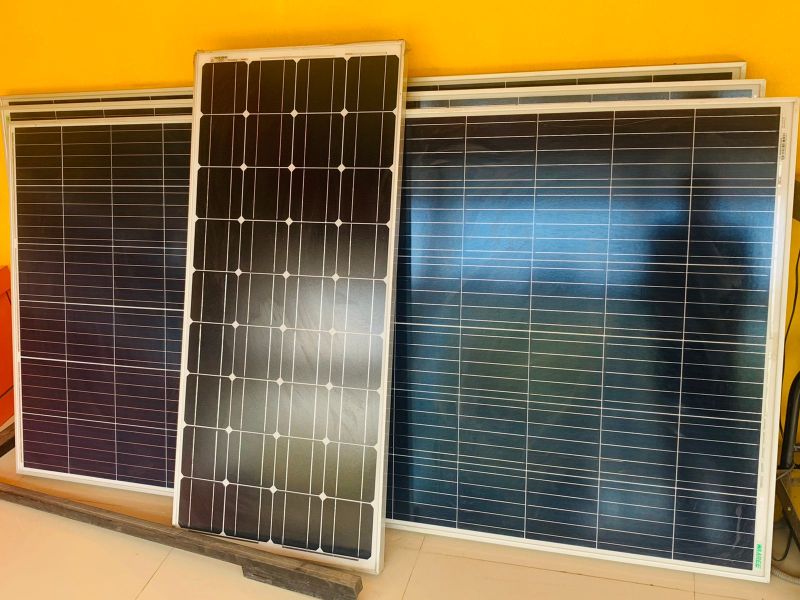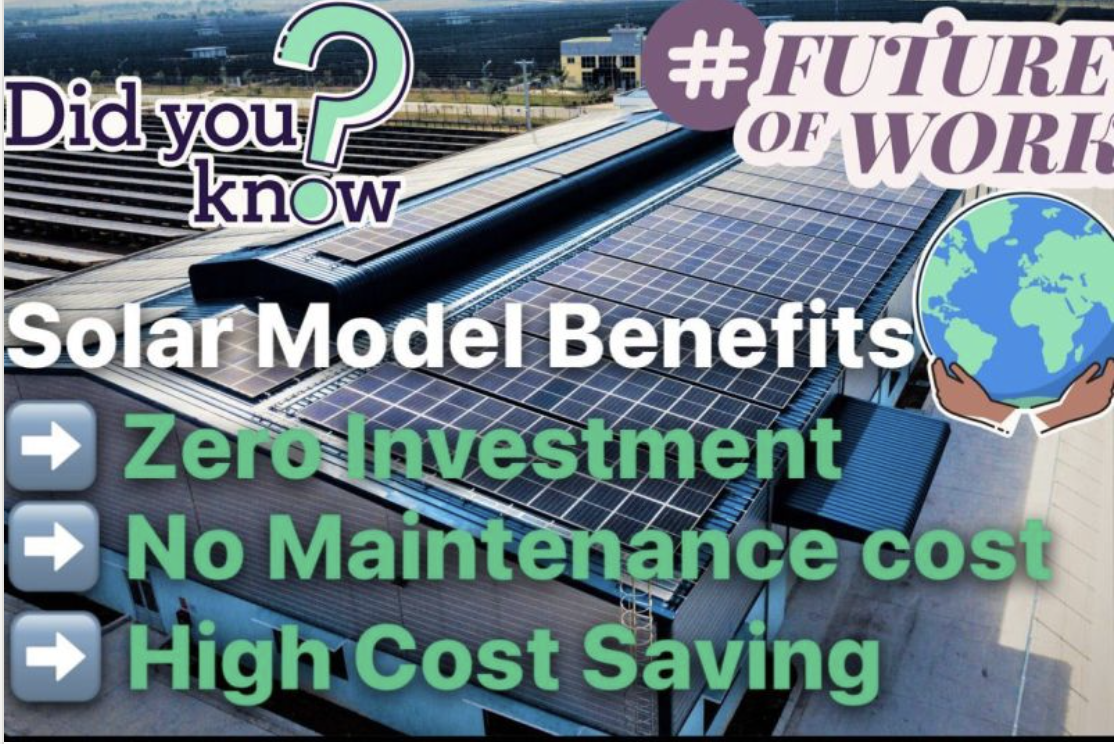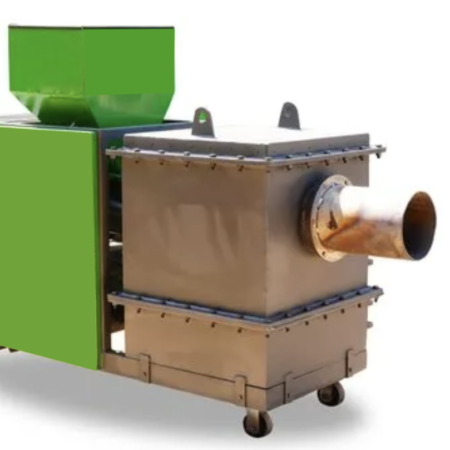What is a Payback Period for Residential Solar?
For most homeowners in Nepal, it takes roughly seven years to break even on a solar panel investment. For example, if your solar installation cost is roughly Rs 1,20,000 and the system helps you conserve Rs 16,600 annually on NEA bills, then your payback period will be around Seven years. To put it a little differently, the solar payback period represents the time it will take for your utility savings to eclipse your initial solar system investment cost. It is at this point that you might say the solar system has “paid for itself.”
Keep in mind that there are a number of basic determinants that go into calculating solar payback periods, including installation costs, interest rates if you’re taking out a bank loan, applicable net metering credits or solar rebates where applicable and energy bill savings. The latter is always going to be relative to the costs of electricity in your province or area, so areas that have higher utility costs tend to have slightly shorter payback periods.
Average Solar Panel Payback Period in Nepal?
Though the average solar panel payback period is somewhere in the 6-7 year range, this can vary quite a bit from home to home. For some, it may be as little as five years. For others, it may be as long as 8 years. Local electricity costs and municipal-specific financial incentives, such as solar rebates or net metering programs, are determinative factors.
What’s Considered a Good Payback Period for Solar Panels?
One way to determine whether you’re getting a good return on your solar energy investment is to look at the entire lifespan of your system. Most residential solar systems by credible and reputable installers last between 25 and 30 years. If your payback period is seven years, you’ll be “making money” on the system for 18 to 23 years.
Most solar industry experts say that if your solar panel payback period is less than half the life of your system, it’s a decent investment.Another thing to keep in mind is internal rate of return. Basically, think about what would happen if instead of investing in solar power, you placed your money into a more traditional financial investment.
How well would that investment have to perform in order for it to be more financially advantageous than a solar system?
Depending on your investment strategies, solar panel installations may or may not offer a higher ROI than purchasing stocks, real estate or other investments. It’s important to weigh IRR carefully to ensure the most prudent decision.
The best way to get an accurate assessment of your solar payback period is to connect with a solar provider near you and request an estimate.
Get started now and connect with one of our sales team members at Janda Devi Nepal Energy for advice at no cost.





